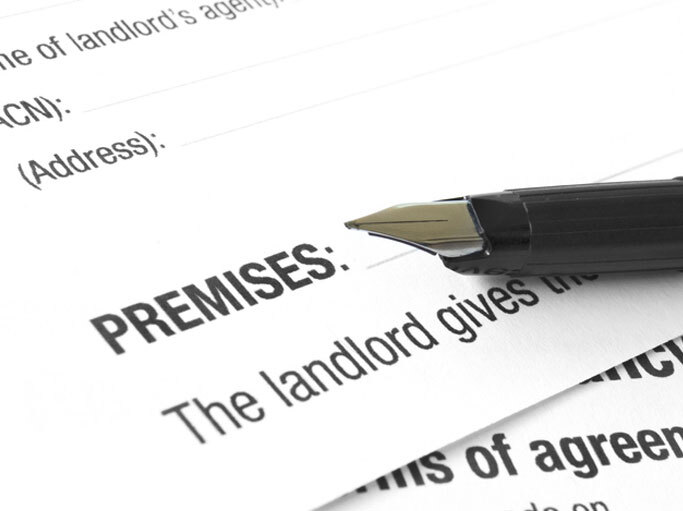
Loud noises in the workplace are often common and each person should take the necessary precautions to avoid sustaining damage that can cause long-term hearing deficiencies. While there are many types of environmental factors that can lead to permanent damage, there are three types of hearing loss:
Conductive (involves outer or middle ear)
Sensorineural (involves inner ear)
Mixed (combination of the two)
Loud noises are incredibly detrimental to the longevity of a person’s ability to hear and there are many common professions in which employees are exposed to noise levels loud enough to do long term damage. Airports, construction sites, and factories are just a few professions that can have environments with consistently loud noises. Environments like this can put employees at high risk of developing hearing loss.
The ear is made up of three parts: Outer, middle, and inner parts. Sound is vibrations in the air that enters the outer ear, from there it moves to the middle. In the middle ear the sound is amplified with three bones: Hammer (malleus), Anvil (incus), and Stirrup (stapes) the membrane-covered opening that connects the middle ear with the inner ear (oval window). After passing from middle ear the amplified sound travels into the cochlea, the spiral shaped chamber of fluids. Inside this chamber are tiny hairs that when swayed back and forth the sound converts the vibrations into electrical signals that are sent to the brain. The process of hearing actually takes a long time which is why your ability to see is much quicker than your ability to hear. You see by processing light and light is processed much quicker than sound.
Every step of the hearing process is crucial and prolonged exposure to loud noises can wear out many of the tools used to hear. There is such a thing called “short termed” hearing loss. This is when you are subjected to a loud noise and have partial hearing afterwards, this is something your ears are able to rest and recover from, hence: short term. Think of when you’re at a concert and your seated next to the front row, the speakers are literally defining and when you walk away you are suddenly unable to hear low noises and you may find yourself yelling just to hear yourself. People who work on the ramp at an airport hear the huge jet engines running at every gate often leave and notice the difference from being outside compared to being inside the airport right away.
Long term hearing loss is when the ear has prolonged exposure to these types of loud noises and never recovers, and once it is gone it never comes back. You can determine if you need to be checked for hearing loss if you have muffled speech, have difficulty understanding words, or if you continuously have to turn up the volume on your listening device or TV. It is important if you work in exceptionally loud environments to have your hearing tested regularly. There are several different kinds of testing and there is a standard that tests abide by to help employees identify when they begin to have hearing loss and prevent it from getting worse. Hearing loss can occur if you damage your inner ear which translates sound into electrical signals, a sudden blast of noise which can rupture your eardrums, or even an infection can cause hearing loss.
OSHA requires employers to monitor and provide testing for employees that are at risk of hearing loss during their employment to assist in preventing long term damage to employees. PPE can also help in preventing hearing loss. Noise reduction ear buds made of silicone can be effective in some environments and large over-the-ear noise cancelling headphones can also help prevent hearing loss.
While PPE can help in preventing long term damage the first line of defense is education and awareness.
Try to limit your exposure to loud environments and if you work in an industry with high exposure you should contact management and ask questions about what you are entitled to for protection.
RELATED ARTICLES
Recent Posts
- Major Theft Ring Busted: Over $200,000 in Stolen Lego Sets Recovered in Eugene, Oregon
- Judge Denies Texas’ Bid to Shut Down Migrant Shelter Network in El Paso
- Single Mother in Memphis Seeks Help for Troubled Son Amid Rising Concerns
- California’s Proposition 47 Reform Sparks Intense Political Debate Over Public Safety
- U.S. Man’s Social Security Benefits Denied Over Citizenship Confusion
Categories
Our Supporters
Gold Supporters
Christopher Simon – Atlanta Truck Accident Lawyer
Skiver Law Firm – Phoenix Truck Accident Lawyer
Winer, Burritt & Scott, LLP – Los Angeles Clergy Abuse Law Firm
Michael E. Fenimore P.A. – Pensacola Car Accident Lawyer
Pillsbury & Coleman, LLP – San Mateo Long Term Disability Lawyer
The Law Office of Randall J. Wolfe, P.C. – Oregon City Personal Injury Lawyer
Davies Hothem Injury Law – Buford, GA Car Accident Attorney
Houston Federal Criminal Defense Attorney
Darrow Law Firm – Houston Federal Crime Lawyer
Kansas City Personal Injury Lawyer
Atlanta Truck Accident Attorney
Aitken *Aitken* Cohn Trial Lawyers – Santa Ana Personal Injury Attorneys
Dawson Law Group- Portland Personal Injury Attorneys
CT Mediation Center- New Haven Family Law Attorney
Little Rock Personal Injury Lawyer
Katy Car Accident Lawyer
Franklin Divorce Attorney
Palermo Law- Long Island Personal Injury Lawyer
Dan Rose – San Francisco Car Accident Attorney
Taylor Siemens – Liberty, MO Personal Injury Attorneys
Pfeifer Law Firm – Little Rock Car Accident Lawyer
Walkup, Melodia, Kelly & Schoenberger – San Jose Car Accident Attorney
Solomon, Dwiggins, Freer & Steadman – Las Vegas Business Litigation Lawyer
Roane Law – Asheboro NC Car Accident Lawyer
Dorsch Law Firm – Overland Park Estate Planning Attorney
The Tennessee Sledgehammer – Hermitage, TN Car Accident Lawyer
Cook Law Group – Gainesville, GA Car Accident Lawyer
Simon Bridgers Spires – Atlanta Personal Injury Lawyer
Injury Law Associates – Kansas City Motorcycle Accident Lawyer
Potts & Potts – Honolulu Personal Injury Attorney

